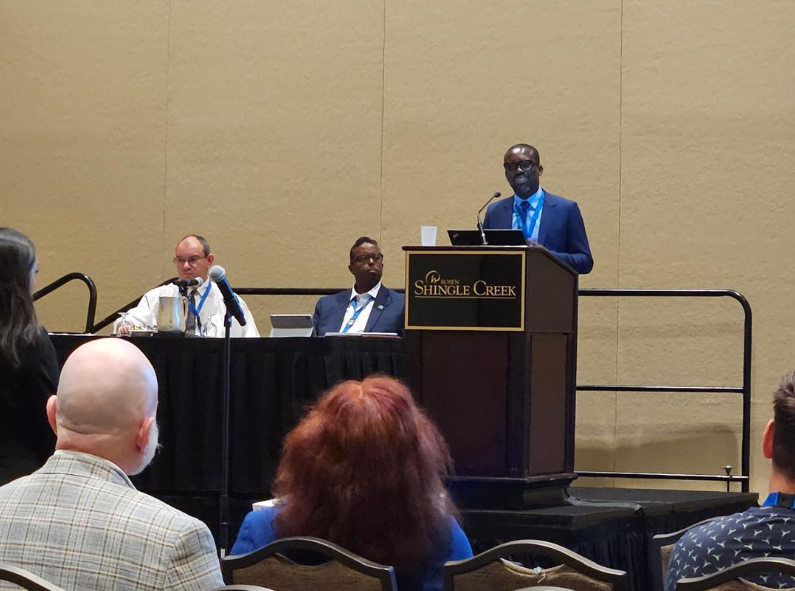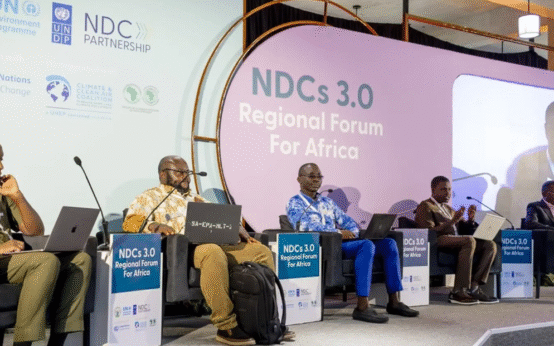At the 66th Annual Meeting of the Institute of Nuclear Materials Management , held in Washington DC from August 24-28, 2025, Prof. Francis Otoo, acting Director General of Ghana’s Nuclear Regulatory Authority , made a strong call to action: developed countries must do more to share knowledge and remove barriers that keep many African nations from accessing advanced nuclear technologies for peaceful purposes. He emphasized that nuclear power is not just about electricity Africa also needs nuclear science for health, agriculture, water, industry, and food security.
How Nuclear Tech Is Already Helping African Lives
In his remarks, Prof. Otoo pointed out concrete examples where nuclear applications deliver real benefits across Africa. He mentioned the IAEA’s Rays of Hope initiative, which helps expand cancer therapy, especially in regions without radiotherapy equipment.

He also referred to Atoms for Food, a program that helps improve agriculture and nutrition using nuclear-based methods. Clean water management, food preservation, pest control, and industrial measurement technologies also benefit from nuclear science. In these areas, Africa is neither theoretical nor waiting it already uses nuclear tools.
Regulatory Strength and Infrastructure: Africa Preparing for Nuclear Future
One important issue Prof. Otoo raised is regulatory capacity. As countries consider more nuclear technologies especially newer ones like Small Modular Reactors (SMRs) or advanced reactors they need strong regulatory oversight, safety and security measures, and transparency. He reported that many African regulatory bodies are now aligning with IAEA standards.

Through forums like the Regulatory Cooperation Forum and the Forum of Nuclear Regulatory Bodies in Africa , regulators in different countries are sharing knowledge, peer-learning, capacity building, and preparing for the technical demands of modern nuclear science. Ghana, for example, has received support from partners including the U.S., EU, the IAEA, and bilateral agreements to strengthen its nuclear safety, security, transparency, and safeguards.
What’s Holding Back Wider Adoption
Even though the enthusiasm is growing, Prof. Otoo acknowledged several challenges. Access to finance is a major one many African nations struggle to secure funding for advanced nuclear technologies.
Some countries do not yet have fully robust frameworks for safety or waste management. There is also concern about ensuring nuclear technologies remain strictly for peaceful purposes, with protections against proliferation.
Moreover, supply-chain challenges matter: access to parts, fuel, and the logistical support to build and run reactors or associated nuclear equipment can be difficult.


 Morocco’s Sustainable Development Hailed Benchmark for Africa
Morocco’s Sustainable Development Hailed Benchmark for Africa  Access to Climate Finance Remains Priority for Africa
Access to Climate Finance Remains Priority for Africa